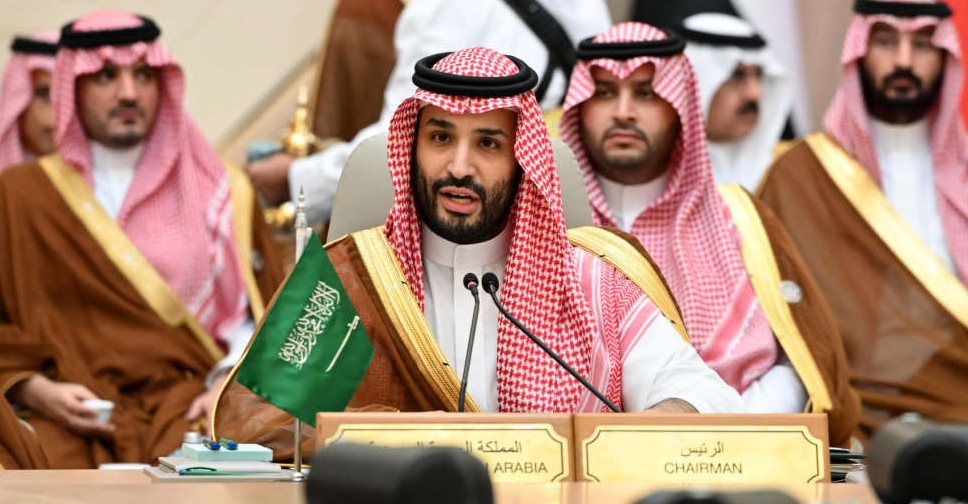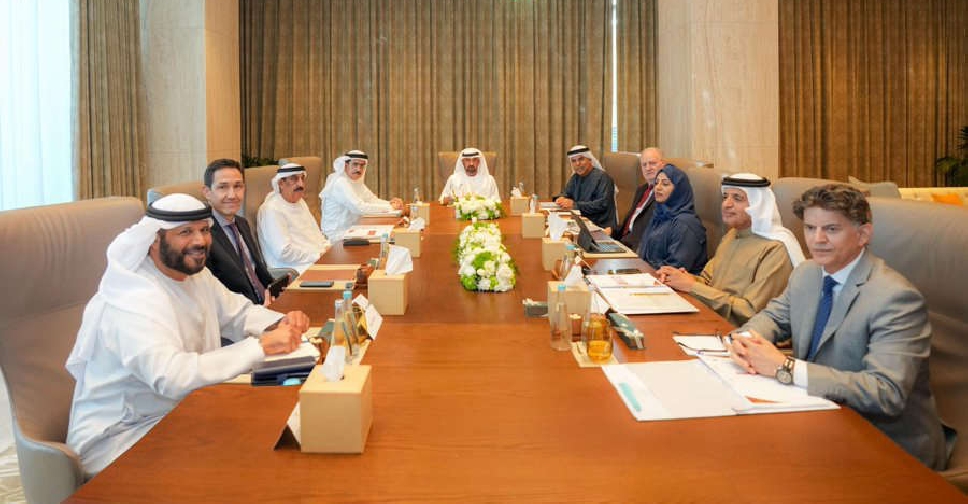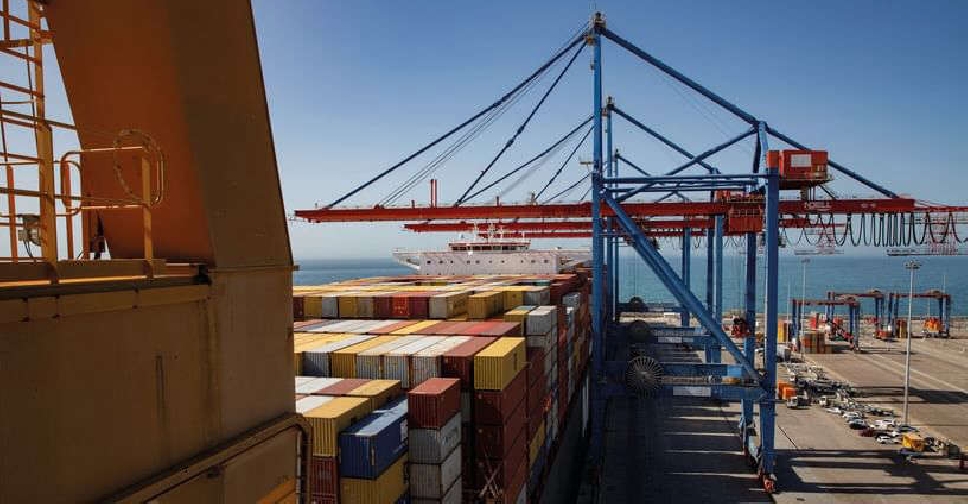
Saudi Arabia's Crown Prince Mohammed bin Salman said on Saturday that unified efforts were required to support the global economy, and unrealistic energy policies would only lead to inflation.
He said while addressing a US-Arab summit.
"Adopting unrealistic policies to reduce emissions by excluding main energy sources will lead in coming years to unprecedented inflation and an increase in energy prices and rising unemployment and a worsening of serious social and security problems," he said.
The de facto ruler of the world's top oil exporter said COVID-19 and the geopolitical situation necessitated more joint efforts to support the global economy and that environmental challenges required a "realistic and responsible" approach to transition to sustainable energy sources gradually.
The summit gathered US President Joe Biden with leaders from six Gulf Arab states, Egypt, Jordan and Iraq.
Biden held bilateral talks with Saudi leaders on Friday in Jeddah.
US officials have said Biden would discuss energy security with leaders of Gulf oil producers and hopes to see more action by OPEC+ to boost output, but there was unlikely to be any bilateral announcements from the talks.
The United States is eager to see Saudi Arabia and its OPEC partners pump more oil to help bring down the high cost of gasoline and ease the highest US inflation in four decades.
"Adopting unrealistic policies to reduce emissions by excluding main energy sources will lead in coming years to unprecedented inflation and an increase in energy prices, rising unemployment and a worsening of serious social and security problems," he added.
The de facto ruler of the world's top oil exporter said COVID-19 and the "geopolitical situation" necessitated more joint efforts to support the global economy and that the transition to sustainable energy sources required a "realistic and responsible" approach.
The summit gathered Biden with leaders from six Gulf Arab states, Egypt, Jordan, and Iraq. In addition, Biden held bilateral talks with Saudi leaders on Friday in Jeddah.
US officials have said Biden would discuss energy security with leaders of Gulf oil producers and hopes to see more action by OPEC+ to boost output, but there was unlikely to be any bilateral announcements from the talks.




 IDC 2025 discusses global disruptions, defence preparedness
IDC 2025 discusses global disruptions, defence preparedness
 Dubai Energy Council reviews carbon emissions progress
Dubai Energy Council reviews carbon emissions progress
 OpenAI board rejects Musk's $97.4 billion offer
OpenAI board rejects Musk's $97.4 billion offer
 AD Ports Group reports net profit of AED 1.78 bln
AD Ports Group reports net profit of AED 1.78 bln


